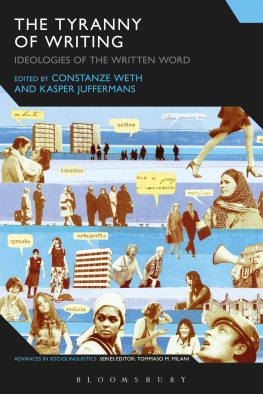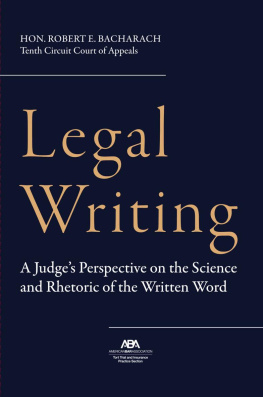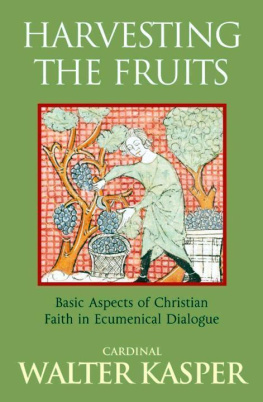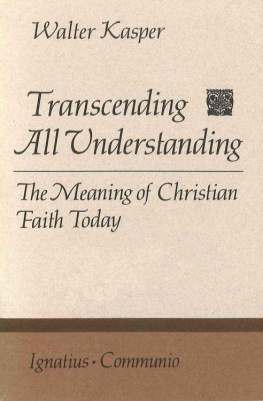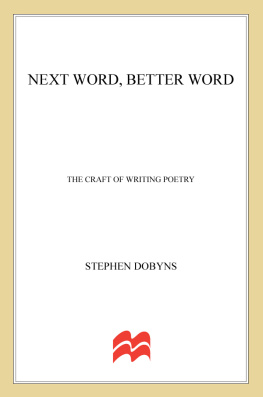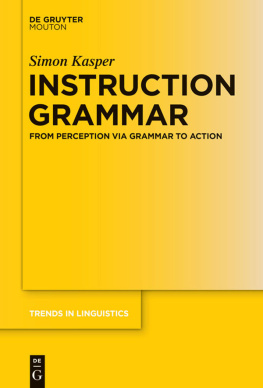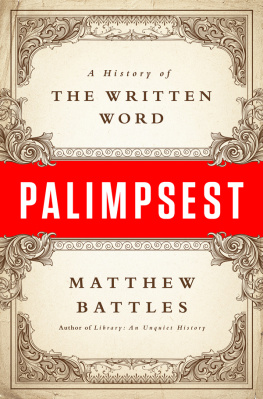Kasper Juffermans - The Tyranny of Writing: Ideologies of the Written Word
Here you can read online Kasper Juffermans - The Tyranny of Writing: Ideologies of the Written Word full text of the book (entire story) in english for free. Download pdf and epub, get meaning, cover and reviews about this ebook. year: 2018, publisher: Bloomsbury Academic, genre: Home and family. Description of the work, (preface) as well as reviews are available. Best literature library LitArk.com created for fans of good reading and offers a wide selection of genres:
Romance novel
Science fiction
Adventure
Detective
Science
History
Home and family
Prose
Art
Politics
Computer
Non-fiction
Religion
Business
Children
Humor
Choose a favorite category and find really read worthwhile books. Enjoy immersion in the world of imagination, feel the emotions of the characters or learn something new for yourself, make an fascinating discovery.
- Book:The Tyranny of Writing: Ideologies of the Written Word
- Author:
- Publisher:Bloomsbury Academic
- Genre:
- Year:2018
- Rating:3 / 5
- Favourites:Add to favourites
- Your mark:
- 60
- 1
- 2
- 3
- 4
- 5
The Tyranny of Writing: Ideologies of the Written Word: summary, description and annotation
We offer to read an annotation, description, summary or preface (depends on what the author of the book "The Tyranny of Writing: Ideologies of the Written Word" wrote himself). If you haven't found the necessary information about the book — write in the comments, we will try to find it.
The Tyranny of Writing: Ideologies of the Written Word — read online for free the complete book (whole text) full work
Below is the text of the book, divided by pages. System saving the place of the last page read, allows you to conveniently read the book "The Tyranny of Writing: Ideologies of the Written Word" online for free, without having to search again every time where you left off. Put a bookmark, and you can go to the page where you finished reading at any time.
Font size:
Interval:
Bookmark:

Tyranny of Writing
Also available in this series
Discourses of Endangerment
Language Ideologies and Media Discourse
Language and Power
Remix Multilingualism
The Sociolinguistics of Identity
The Language of Newspapers
Tyranny of Writing
Ideologies of the Written Word
Edited by Constanze Weth and Kasper Juffermans
Bloomsbury Academic
An imprint of Bloomsbury Publishing Plc

Contents
This book is the result of a discussion on writing and tyranny initiated by the two editors in 2013 at the University of Luxembourg. We then had both recently joined the university, as associate professor and postdoc, respectively and had both worked on literacy in our former academic environments. Coming from Freiburg, Constanze had worked on literacy practices in Moroccan and Occitan speaking families in France and studied orthographic practices of primary school children, primarily from a structural linguistic perspective. And coming from Tilburg and Hamburg, Kasper had studied literacy and multilingualism in The Gambia, West Africa, and digital literacy practices of Chinese-Dutch youth, from a linguistic anthropological perspective. We had much in common, but at least as much to disagree over and to discover.
So we began to (re)read and discuss classic texts in literacy studies. Among the texts we discussed, Florian Coulmass Writing in Society (2013) gave us inspiration for an exploratory workshop to widen the scope of our discussions. The opening chapter of that book critically revisited Saussures and Bloomfields arguments against writing and the subsequent erasure of literacy as an object of study in the new science of language they founded.
We titled that first workshop Beyond the Tyranny of Writing , and invited colleagues from our respective networks to our Walferdange campus in May 2014 to explore uses of the metaphor of tyranny of writing with Florian as our central guest. Drawing on a diverse range of contemporary and historical research contexts in Europe, Africa and Asia, all the workshop contributors tried to make sense of the potential meanings of tyranny of writing following, but certainly also moving beyond Saussures initial formulation revisited by Coulmas. Shortly after this workshop, we approached Advances in Sociolinguistics series editor Tommaso Milani with our plan for a collective volume, and asked our contributors to write up their contributions for the workshop. Most workshop participants eventually contributed a chapter to the present book.
As we commented on their papers and organized the peer review process, we began to realize that the structure of inviting presentations and chapters, and the process of editing a book inevitably carries the risk to become tyrannical, even if carried out with the most constructive intentions. We thank those among our contributors who pointed this out to us as well as those who recognized our efforts to avoid tyranny in our editorial work. Some contributors used the metaphor productively; others maintained more reservations and, for good reasons, resisted to too freely applying the term in relation to their work. Whether applying the notion of tyranny of writing explicitly or not, the individual chapters explore tensions and dynamics between writing and speech, standard and vernacular, center and periphery, normativity and authenticity in and around the written word.
After receiving the final green light from Bloomsbury about our book project i.e. after revising and reshaping our initial book proposal following critical but constructive feedback we invited our participants to Luxembourg again for a second workshop, this time in Belval. We met in October 2016 to discuss advanced paper drafts and to build coherence across the papers. We also invited an additional contribution, to expand the books geographical scope (to Sri Lanka) and to make up for the two or three planned chapters that, for various reasons, were withdrawn.
Editorial tyranny returned in yet another form when we drafted the introduction without any doubt the longest and most debated jointly written 15 pages in both of our relatively young careers. In the first place by ourselves: the introduction as it reads now is the result of unrelenting rewriting and unwriting (a euphemism for deleting!) of entire paragraphs and whole pages we drafted independently of, but for, each other. Consequently, what survived Occams razor is truly jointly authored. Our contributors also helped to shape and reshape this text, in mostly friendly-toned oral and written suggestions, but oftentimes with compelling arguments we had to obey. The book project also greatly benefited from critical feedback and comments of external referees. If the introduction and the book as a whole are judged to be good, it is because of that collective effort. If not, then it is because of our writing and editing skills alone.
This book is entirely written and edited by multilingual writers of English. None of us are typical native speaker and writers of English. Our workshops were pleasantly multilingual, but the final book is in English only, or so at first sight it appears. The chapters authors, however, have used different strategies to escape the tyranny of monolingualism and managed to smuggle in, at various places, smaller or larger chunks of German, French, Catalan, Brabantish-Dutch, Novgorodian-Russian, Mandarin, Cantonese, Chinese fangyan, Sinhala, Wolof, Jola and other languages. The book is also more multilingual than it appears since at least three chapters were written by authors who do not normally write in English. Two chapters are even translations of drafts written in the authors respective first academic languages. And many of the reference lists too are a lot more multilingual than usual in contemporary academic publishing. Alstublieft .
Finally, we owe a word of thanks to everyone who supported our writing and editing of this book.
We are grateful in the first place for the generous working environment the University of Luxembourg provided. We received specific financial support for the two workshops as well as for marginal publication costs, by the Research Priority of Multilingualism and Diversity, the Education, Culture, Cognition and Society (ECCS) research unit, and the Institute for Research on Multilingualism (MLing). Our colleagues at MLing, and beyond, produced a pleasant intellectual climate to work in and participated at various moments, directly or indirectly, in our discussions on tyranny of writing and so helped to shape this book in multiple ways. The project as a whole also greatly benefited from the support of MLings excellent secretary Andrea Hake who made the organization of the two workshops as smooth and pleasant as we could possibly have wished.
The experience to publish with Bloomsbury was from start to finish pleasant and highly professional, and this to the credit of the series editor in Johannesburg/Gothenburg, Bloomsburys linguistics team Gurdeep Mattu, Andrew Wardell and Helen Saunders in London, and in the crucial final stage, junior project manager Sweda in Chennai, who skillfully and untyrannically guided us through multiple rounds of proofs.
To all of them we say villmools merci to have made us accomplish this book.
Constanze Weth and Kasper Juffermans
November 2017, Metz (France) and Essen (Belgium)1
Ashraf Abdelhay
Linguistics and Arabic Lexicography
Doha Institute for Graduate Studies
Doha, Qatar
Manuela Bhm
Font size:
Interval:
Bookmark:
Similar books «The Tyranny of Writing: Ideologies of the Written Word»
Look at similar books to The Tyranny of Writing: Ideologies of the Written Word. We have selected literature similar in name and meaning in the hope of providing readers with more options to find new, interesting, not yet read works.
Discussion, reviews of the book The Tyranny of Writing: Ideologies of the Written Word and just readers' own opinions. Leave your comments, write what you think about the work, its meaning or the main characters. Specify what exactly you liked and what you didn't like, and why you think so.

